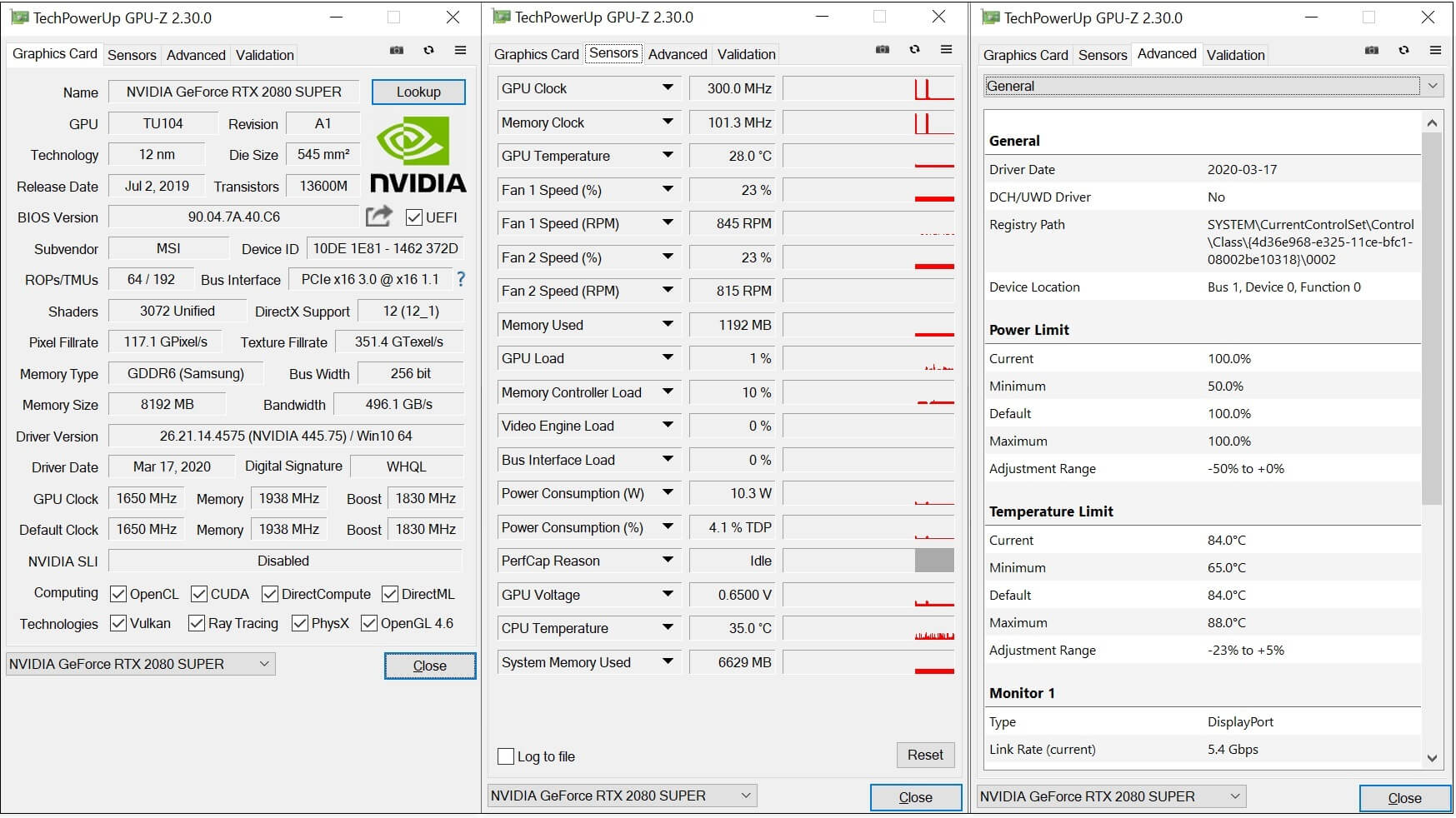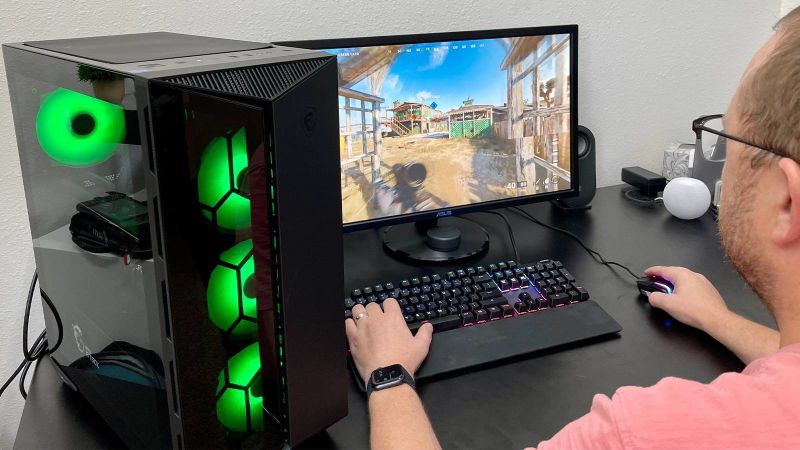

Note: If you are putting a lot of pressure on the graphics card at a higher refresh rate, you may experience a bandwidth problem which leads to issues like lag and frame skipping. It happens whenever the video feed is not in sync with panel’s refresh rate, leaving a visual artifact behind, but might be solved by overclocking the monitor to boost its performance. You also might overclock a monitor to resolve screen tearing issues, an effect in which your device displays multiple frames in a single screen draw.

Monitor overclocking is usually done when motion appears jarred or choppy, or when a viewer wants to optimize their experience by making their display sharper and quicker. For example, overclocking a monitor with a refresh rate of 60 Hz to 120 Hz means that twice as many distinct images can appear within one second.

The faster the refresh rate, the smoother your graphics transition.Īn overclocked (OC) monitor with a higher refresh rate can display graphics faster and more smoothly as long as the overall PC system can handle the change. Refresh rate refers to the amount times per second the screen can refresh the image or “frame” displayed on the monitor. Overclocking a monitor, in particular, means changing the stock refresh rate so you can draw a higher number of frames per second (fps). Note: As with any overclocking procedure, going beyond a product's specification may put strain on the component and may void the manufacturer's warranty, so proceed carefully. When we're talking about overclocking a monitor, we're specifically talking about increasing the refresh rate, which we'll get into more below. When you overclock your system, you tweak the clock to run or “tick” at a higher rate than it was initially built to run by the certified manufacturer in order to speed up processing times. The faster your clock rate, the higher the frequency of ticks, and the quicker your device can execute an instruction. A “tick” refers to the switch of a signal that turns on and off each time an action, task, or instruction is completed by the processor and the next one can safely take place. One Hz is equal to one tick per second, 10 Hz equals 10 ticks per second, one GHz equals one billion ticks per second, and so on. It all boils down to clock rate: the speed at which a microprocessor can execute each instruction or task in a given cycle.Ĭlock rates are typically measured in hertz (Hz). If you’ve only heard the buzz about overclocking and aren’t exactly sure what it means, let's take a second to clarify. What does overclocking mean in the first place? You could improve your gaming experience by optimizing your current monitor without having to shell out big bucks. Also, keep in mind that overclocking can void your manufacturer's warranty, so doing some research before you get started is a good idea. īefore you go out and invest in a new display panel, read up on overclocking a monitor to see whether it might be a viable option for you. Pushing your refresh rate beyond the shipped specifications may create system instability resulting in image artifacts. An OC monitor is not always ideal unless your particular device has an “Overclock” menu option in the monitor settings. Your computer’s performance can vary depending on your graphics card and processing system - a consideration to note before you begin the process of overclocking. With that said, increasing your refresh rate doesn’t always improve the performance on the screen. Yet even though an overclocked (OC) monitor takes some time and comes with slight risk, if it’s done correctly, you could improve your gaming performance while saving a lot of money.

Gaming pc monitoring software software#
It will require additional software and the steps can vary depending on whether you have an AMD® or NVIDIA® graphics card. Overclocking a monitor for gaming isn't the same as overclocking other aspects of your PC setup because it doesn't have its own processing unit. You want your in-game experience to be faster and smoother, so you love the results from overclocking your CPU (central processing unit) and GPU (graphics processing unit)…but have you overclocked your PC monitor yet?


 0 kommentar(er)
0 kommentar(er)
